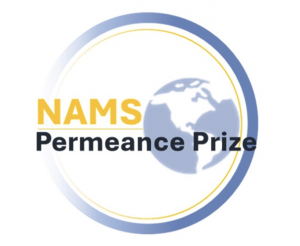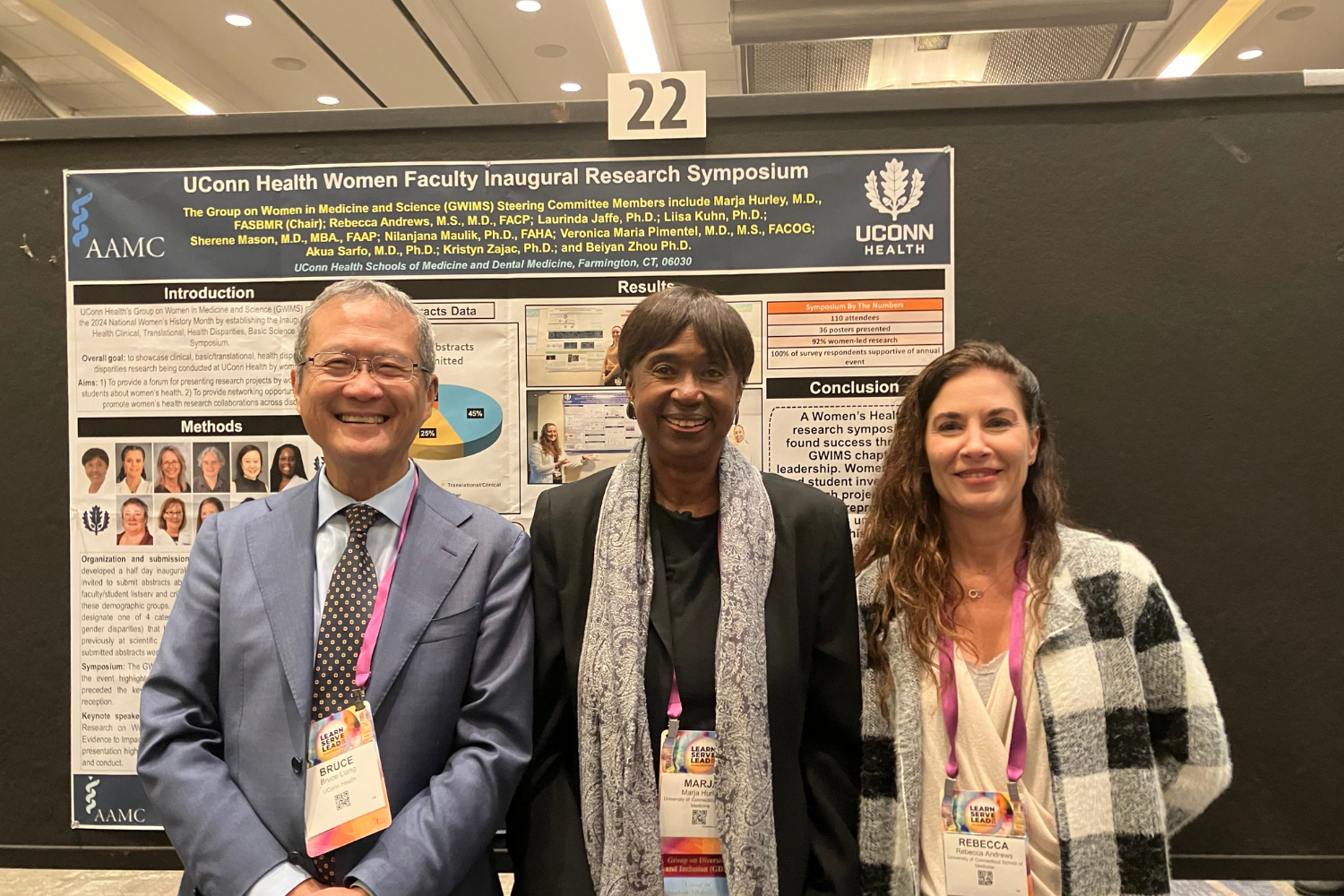During graduate school, Jeffrey McCutcheon aspired to filter his area of expertise within the field of chemical and biomolecular engineering.
Under the mentorship of Professor Menachem Elimelech at Yale, McCutcheon explored an emerging technology that uses membranes to clean salt, debris, and toxins from water.
 “It was there that I gained a love for membrane science and water treatment technologies that I still carry with me today,” says the newly named General Electric Professor in Advanced Manufacturing in the Department of Chemical and Biomolecular Engineering.
“It was there that I gained a love for membrane science and water treatment technologies that I still carry with me today,” says the newly named General Electric Professor in Advanced Manufacturing in the Department of Chemical and Biomolecular Engineering.
More than two decades later, McCutcheon continues to dedicate his work and research to bettering membrane technology. And this May, his efforts will be recognized by the North American Membrane Society (NAMS) with the newly established “Permeance Prize.” The award honors mid-career faculty for outstanding achievements in the field of membrane science and technology. McCutcheon, alongside Professor Jason Bara from the University of Alabama, will receive the honor during the 33rd NAMS Annual Meeting in Santa Fe, N.M.
“Receiving this award is a testament to the hard work of my graduate students and collaborators,” McCutcheon says.
Mastering Membrane Science at UConn
Through membrane technologies, scientists and engineers, like McCutcheon, work to separate the good stuff from the bad. They can remove pathogens, viruses, and salt from water; purify and separate gasses; create sterile drugs and biologics during pharmaceutical manufacturing; produce food and beverages with an extended shelf life; assist in environmental cleanup and remediation; and even generate energy using electromembrane processes (fuel cells, flow batteries, and electrolyzers).
“Overall, membrane technologies offer versatile and efficient solutions for various separation and purification processes, contributing to advancements in water treatment, energy production, healthcare, food safety, environmental protection, and many other fields,” McCutcheon says. “In essence, membranes play a key role in ensuring we have clean air, clean water, and clean energy.”
McCutcheon joined the Department of Chemical and Biomolecular Engineering in 2008, shortly after receiving a B.S. in chemical engineering from the University of Dayton and a Ph.D. in chemical engineering from Yale.
“When I started at UConn, I was largely focused on water treatment technologies,” he recalls. “Since then, I’ve branched out into other fields such as gas separations and ion separations.”
These separation processes, along with desalination, organic solvent filtration, and vapor permeation, are among a handful of methods used at UConn’s Connecticut Center for Applied Separations Technologies (CCAST). There, McCutcheon, who serves as director, and his team of researchers use membrane technologies for various industrial processes in order to lower energy use, reduce carbon footprint, limit waste, and prevent adverse environmental and health impacts.
“I’m grateful for the facilities that UConn has created that have enabled some of this work. CCAST is becoming a world-renowned membrane testing, characterization, and fabrication laboratory,” he says. “We have the potential to drastically reduce the cost, energy consumption, and carbon footprint of many commodities while also reducing the environmental impacts of many industries.”
“We have the potential to drastically reduce the cost, energy consumption, and carbon footprint of many commodities while also reducing the environmental impacts of many industries.” — Jeffrey McCutcheon
In addition to leading CCAST, McCutcheon also serves as a deputy topic area lead for the National Alliance for Water Innovation’s Energy Water Desalination Hub. This program, supported by the Department of Energy and just renewed for a second five-year term, addresses water security and quality issues in the United States.
The NAMS Permeance Prize is among a long list of McCutcheon’s achievements. He previously received the 3M Nontenured Faculty Award, the Solvay Advanced Polymers Young Faculty Award, the DuPont Young Faculty Award, and the FRI/John G. Kunesh Award from the American Institute of Chemical Engineers (AIChE) Separations Division. In 2021, the Connecticut Academy of Science and Engineering (CASE) inducted McCutcheon into its membership.
To date, McCutcheon is the author of more than 100 journal articles on membrane science and he’s raised over $12 million to support research endeavors at UConn.
“Our work fits in well within UConn’s mission to ensure a sustainable future for Connecticut and beyond,” he says.



